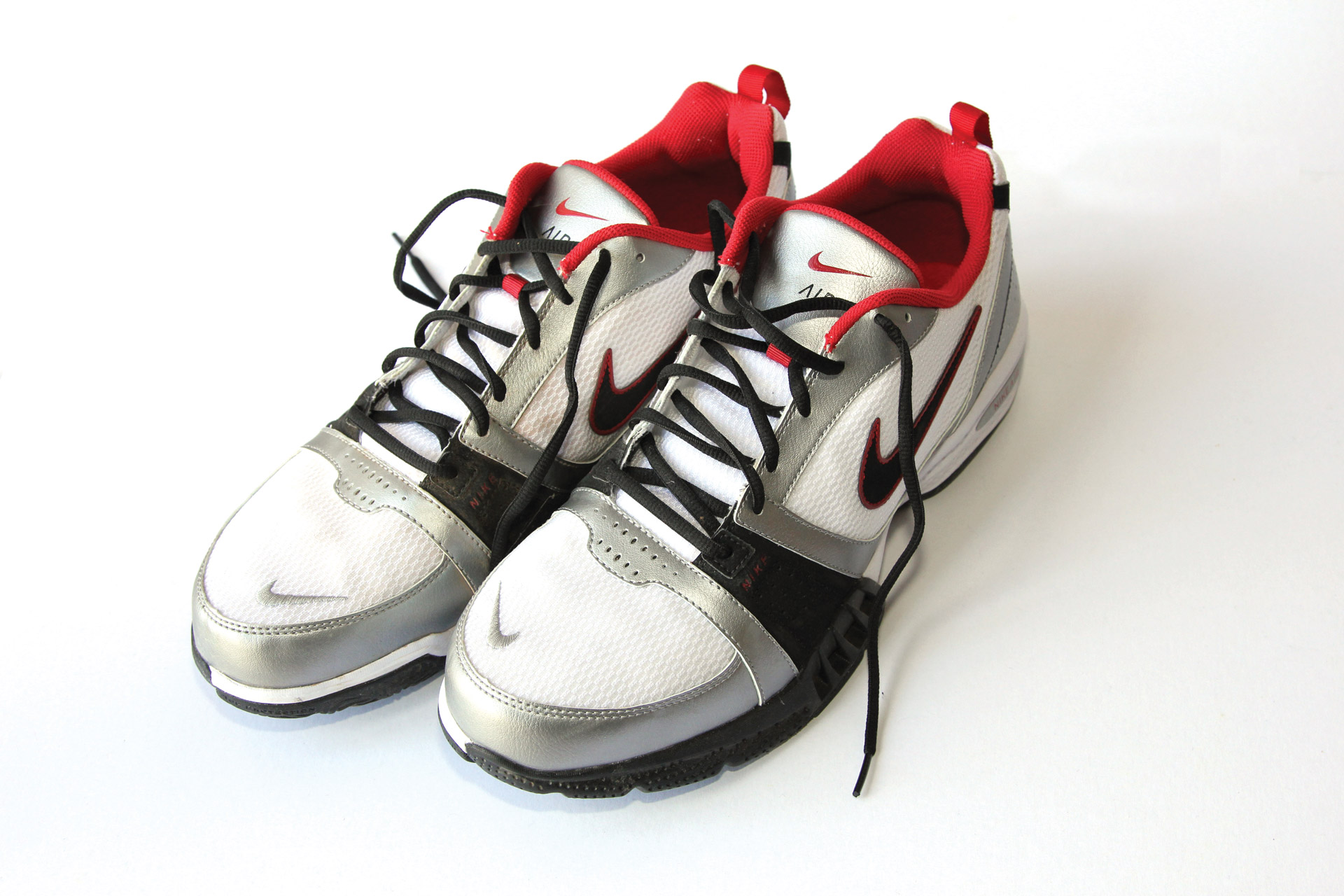Have you ever found yourself tangled in the web of a work relationship that felt a bit too intimate? Well, you’re not alone. Many of us, especially in these times of remote work and digital communication, have found the lines between professional and personal relationships blurring. Let’s dive into a situation that might just sound all too familiar and dissect what went wrong, what could’ve been done better, and how we can navigate these murky waters with grace and respect for our partners.
You’ve been working remotely since 2020, and instant messaging with coworkers has become the norm. You strike up a daily chat with a coworker who’s recently moved to a different team. The conversations are friendly, filled with personal anecdotes, vacation photos, and even discussions about tough days at work. Sounds harmless, right? That’s what one would think. However, when your partner gets a glimpse of these interactions, they express discomfort, pointing out that the relationship seems a tad too close for comfort. Accusations of flirting and emotional intimacy fly, shaking the foundation of trust in your relationship.
The Gray Area of Emotional Affairs
The truth is, what started as a friendly coworker dynamic has escalated into what many would deem an emotional affair. The switch to a more casual tone in messages, the sharing of personal stories and photos, and the frequent calls for reassurance could indeed stem from a genuine place of friendship and support. But is it possible that these seemingly innocent interactions have crossed a line? According to our reader, his wife certainly thinks so, and she might just have a point.
Emotional affairs aren’t just about physical infidelity. They’re about where you’re investing your emotional energy, and in this case, it seems to be with someone outside of your marital relationship. This can create a sense of betrayal and insecurity in your partner, who might feel neglected or replaced.
Maintaining Transparency and Setting Boundaries

Where do we draw the line? How do we ensure that our work friendships remain just that – friendships? Here are some steps to consider:
1. Maintain Transparency with Your Partner: Share your interactions, and be open about the nature of your work relationships. This doesn’t mean you need to share every detail but keeping your partner in the loop can prevent misunderstandings.
2. Set Boundaries for Yourself: It’s okay to be friends with coworkers, but be mindful of the type of information you share and the amount of time you spend talking to them, especially outside of work hours. Avoid topics or discussions that could be seen as overly personal or intimate.
3. Consider Your Partner’s Perspective: Always consider how your actions might be perceived by your partner. If you find yourself hiding messages or feeling guilty about your interactions, it’s a sign that you might be venturing into inappropriate territory.
4. Open Communication: Discuss your work friendships with your partner and solicit their feelings and opinions on the matter. Understanding their concerns can help you set appropriate boundaries.

Responding to Inappropriate Emotional Connections
But what if you find yourself in a situation where a coworker is seeking an emotional connection that you know is inappropriate? It’s crucial to be firm yet kind in setting boundaries. Here’s how:
– Be Clear: Make it clear that while you are happy to be a supportive coworker, there are limits to the level of personal sharing and emotional support you can offer.
– Stay Professional: Keep your interactions focused on work-related topics as much as possible.
– Limit Communication: Reduce the frequency and duration of your personal interactions.
Ensuring Healthy Work Relationships
Navigating work relationships in today’s digital age requires a delicate balance of professionalism, friendship, and respect for your significant other’s feelings. By being mindful of boundaries, maintaining open communication with your partner, and being honest with yourself about the nature of your relationships, you can ensure that your work friendships enrich your life without compromising your primary relationship.
It’s not about cutting off all personal interactions with coworkers. It’s about finding that sweet spot where you can be a supportive colleague and friend without crossing lines that shouldn’t be crossed. So, let’s proceed with caution, respect, and an open heart, ensuring that our work relationships are healthy, appropriate, and above all, respectful of the commitments we’ve made to our loved ones.





